"Investing in yourself is the best investment you will ever make. It will not only improve your life, it will improve the lives of all those around you."
Robin S. Sharma
Cover GIF by catthbr via Tenor
Are you wondering, "What degree do you need to be a character designer?"
As the animation industry continues to flourish, with an increasing number of animated films, TV shows, video games, and other digital media being produced, the demand for skilled character designers is higher than ever.
Character designers play a vital role in bringing stories to life, creating memorable and unique characters that captivate audiences worldwide. This comprehensive blog post will delve into the educational requirements, qualifications, and additional skills you'll need to excel as a character designer, providing you with valuable insights into this fascinating career path.
Whether you're just starting out or looking to take your skills to the next level, read on to discover the secrets to success in the dynamic world of character design!
Do You Have What It Takes to Be a Character Designer?
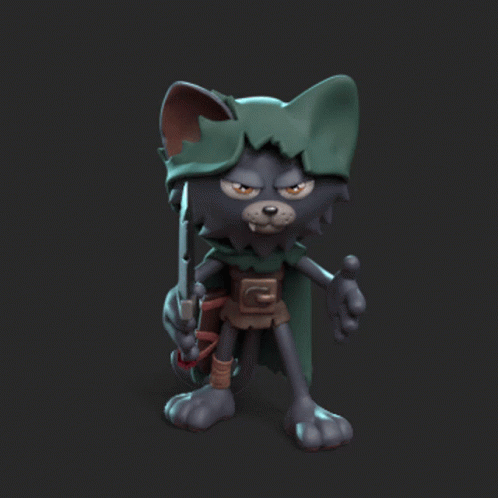
GIF by the_unexpected via Tenor
What Degree Do You Need to be a Character Designer?
While it's true that some character designers are self-taught, having a formal education can give you a competitive edge. A degree in character design, illustration, or animation provides you with the foundational knowledge and skills required in this field.
So, what degree do you need to be a character designer? Some of the most relevant degrees include:
- Bachelor of Fine Arts (BFA) in Animation
- Bachelor of Fine Arts (BFA) in Illustration
- Bachelor of Fine Arts (BFA) in Character Design
These programs typically cover essential topics such as drawing, anatomy, color theory, visual storytelling, and digital software.
The Benefits of a Degree in Character Design
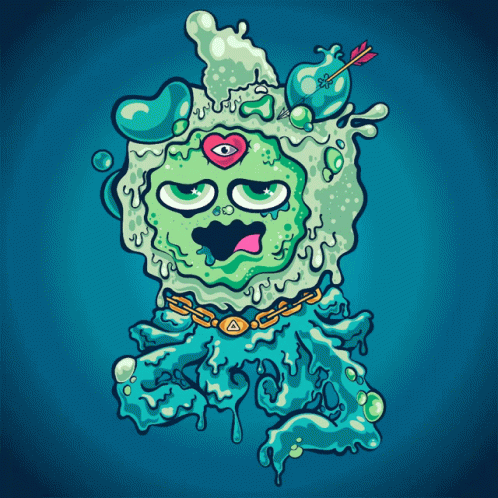
GIF by freaketonft via Tenor
Investing in a formal education comes with several benefits. For starters, you'll be exposed to diverse techniques and styles, enabling you to develop a unique and versatile skill set.
Furthermore, you'll have the opportunity to network with professionals and fellow students, fostering valuable connections in the industry. Finally, a degree can demonstrate your dedication and commitment to potential employers, increasing your chances of landing a job.
Related Degrees and Courses: Broadening Your Skillset
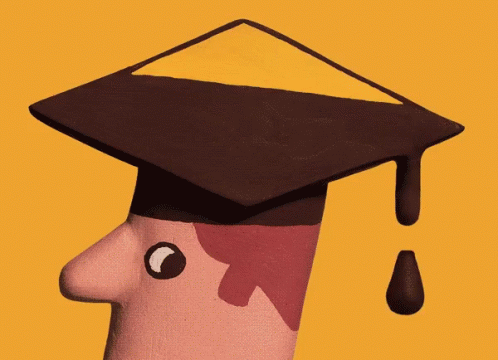
While a specialized degree in character design is ideal, there are other related degrees and courses that can also help you develop the necessary skills. These may include:
By broadening your knowledge in these areas, you can expand your skillset and increase your employability in the animation industry.
Exploring Alternative Education Paths to Be a Character Designer
While a degree in character design is beneficial, it's not the only path to success. Many character designers have found success through alternative educational routes, such as online courses, workshops, and mentorships.
The Animation Business Accelerator Program, for example, offers on-demand video lessons, live mentorship calls, and a supportive community of animators to help you kickstart your career.
Building a Strong Portfolio: Showcasing Your Skills

GIF by tietkimthao219 via Tenor
Regardless of the educational path you choose, a strong portfolio is crucial for showcasing your skills and landing a job as a character designer.
Focus on creating diverse and high-quality work that demonstrates your unique style and versatility. Be sure to include a mix of traditional and digital art, as well as examples of character turnarounds, expressions, and poses.
Gaining Practical Experience: Internships and Freelancing
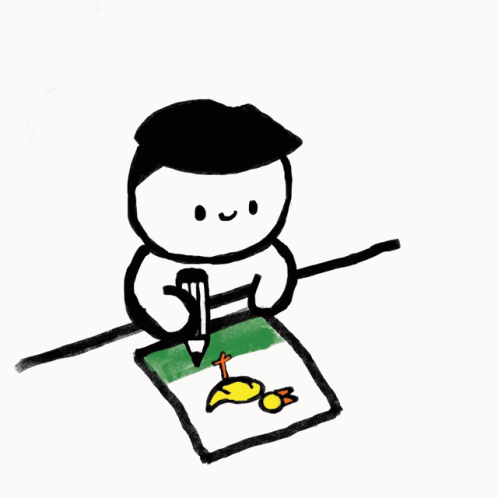
GIF by RichToTheArdYo via Tenor
In addition to formal education, practical experience is essential for building a successful career as a character designer. Consider applying for internships at animation studios or freelancing on various projects to gain real-world experience.
These opportunities not only help you improve your skills but also allow you to establish connections with professionals in the industry.
Continual Learning: Staying Ahead in the Industry

GIF by ednagarciasouris via Tenor
The animation industry is constantly evolving, and successful character designers must stay up-to-date with the latest trends and techniques. Even after completing a degree, consider participating in workshops, conferences, and online courses to expand your knowledge and skills.
Networking and Industry Involvement: Building Your Reputation

GIF by The Loud House via Tenor
Attending industry events, joining online forums, and engaging with other professionals in the animation community can help you build your reputation and network.
Establishing strong connections with other character designers, animators, and studio owners can open doors to new opportunities and collaborations. Be proactive in seeking out and participating in events, both online and in-person, to grow your professional network.
Developing a Strong Online Presence: Showcasing Your Work
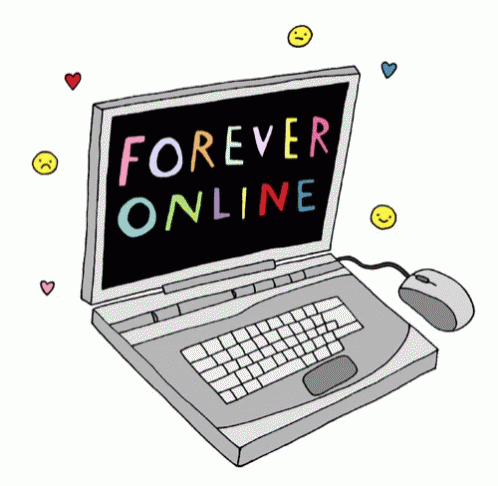
In today's digital age, having a strong online presence is crucial for showcasing your work and attracting potential clients or employers.
Creating a professional website, maintaining an active presence on social media, and engaging with other artists on platforms like ArtStation and Behance can help you gain visibility and establish your brand as a character designer.
Soft Skills: The Key to Thriving in the Animation Industry
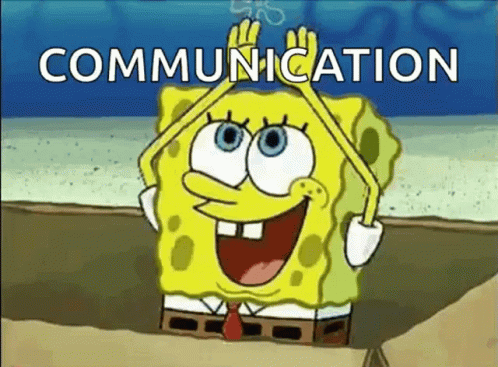
In addition to your education and technical skills, soft skills play a significant role in your success as a character designer. Some essential soft skills to develop include:
- Communication: Being able to communicate your ideas effectively and work well with others is essential in a collaborative industry like animation.
- Time management: Juggling multiple projects and meeting deadlines is a crucial part of working as a character designer.
- Adaptability: The ability to adapt to new tools, techniques, and industry trends will help you stay relevant and in demand.
- Problem-solving: Being resourceful and able to find creative solutions to challenges is a valuable trait for any character designer.
Now You Know the Answer to: “What Degree Do You Need to be a Character Designer”!
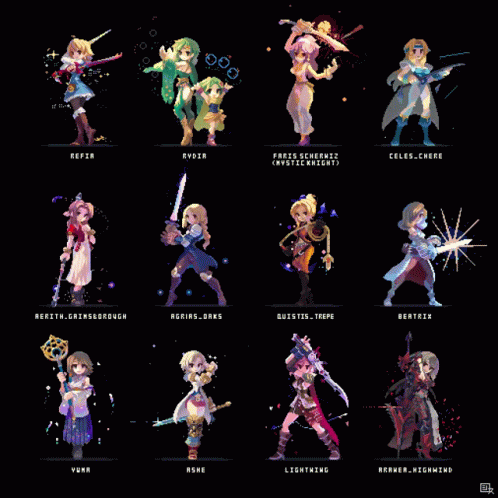
In conclusion, the answer to "What degree do you need to be a character designer?" is not one-size-fits-all.
While a degree in character design, illustration, or animation is undoubtedly beneficial, alternative education paths, practical experience, and a strong portfolio can also lead to success. The key is to remain dedicated to learning and honing your skills while actively engaging with the animation community and building your professional network.
Are you ready to kickstart your animation career? Join the Animation Business Accelerator Program and gain access to invaluable resources and mentorship. And if you're interested in starting your own animation studio, don't forget to check out our blog on "How to Start an Animation Studio" for more helpful tips and insights!



